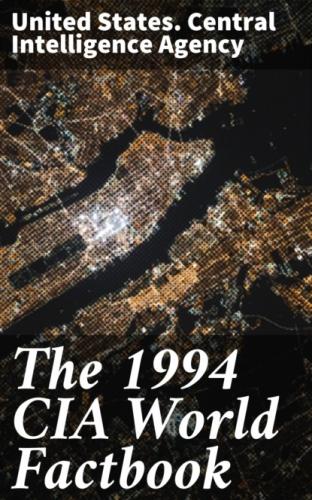@Afghanistan, Communications
Railroads:
9.6 km (single track) 1.524-meter gauge from Gushgy (formerly Kushka)
(Turkmenistan) to Towraghondi and 15.0 km from Termiz (Uzbekistan) to
Kheyrabad transshipment point on south bank of Amu Darya
Highways:
total:
21,000 km
paved:
2,800 km
unpaved:
gravel 1,650 km; earth 16,550 km (1984)
Inland waterways:
total navigability 1,200 km; chiefly Amu Darya, which handles vessels
up to about 500 metric tons
Pipelines:
petroleum products - Uzbekistan to Bagram and Turkmenistan to
Shindand; natural gas 180 km
Ports:
Shir Khan and Kheyrabad (river ports)
Airports:
total:
42
usable:
35
with permanent-surface runways:
9
with runways over 3,659 m:
0
with runways 2,440–3,659 m:
10
with runways 1,220–2,439 m:
17
Telecommunications:
limited telephone, telegraph, and radiobroadcast services; television
introduced in 1980; 31,200 telephones; numerous cellular telephones;
broadcast stations - 5 AM, no FM, 1 TV; 1 satellite earth station
@Afghanistan, Defense Forces
Branches:
the military still does not yet exist on a national scale; some
elements of the former Army, Air and Air Defense Forces, National
Guard, Border Guard Forces, National Police Force (Sarandoi), and
tribal militias remain intact but are factionalized among the various
mujahedin and former regime leaders
Manpower availability:
males age 15–49 4,188,036; fit for military service 2,245,196; reach
military age (22) annually 158,335 (1994 est.)
Defense expenditures:
the new government has not yet adopted a defense budget
@Albania, Geography
Location:
Balkan State, Southeastern Europe, on the Balkan Peninsula between
Serbia and Montenegro and Greece
Map references:
Africa, Ethnic Groups in Eastern Europe, Europe, Standard Time Zones
of the World
Area:
total area:
28,750 sq km
land area:
27,400 sq km
comparative area:
slightly larger than Maryland
Land boundaries:
total 720 km, Greece 282 km, The Former Yugoslav Republic of Macedonia
151 km, Serbia and Montenegro 287 km (114 km with Serbia, 173 km with
Montenegro)
Coastline:
362 km
Maritime claims:
continental shelf:
not specified
territorial sea:
12 nm
International disputes:
Albanian majority in Kosovo seeks independence from Serbia and
Montenegro, and the Albanian Government supports the Kosovo position
politically
Climate:
mild temperate; cool, cloudy, wet winters; hot, clear, dry summers;
interior is cooler and wetter
Terrain:
mostly mountains and hills; small plains along coast
Natural resources:
petroleum, natural gas, coal, chromium, copper, timber, nickel
Land use:
arable land:
21%
permanent crops:
4%
meadows and pastures:
15%
forest and woodland:
38%
other:
22%
Irrigated land:
4,230 sq km (1989)
Environment:
current issues:
deforestation
natural hazards:
subject to destructive earthquakes; tsunami occur along southwestern
coast
international agreements:
party to - Biodiversity
Note:
strategic location along Strait of Otranto (links Adriatic Sea to
